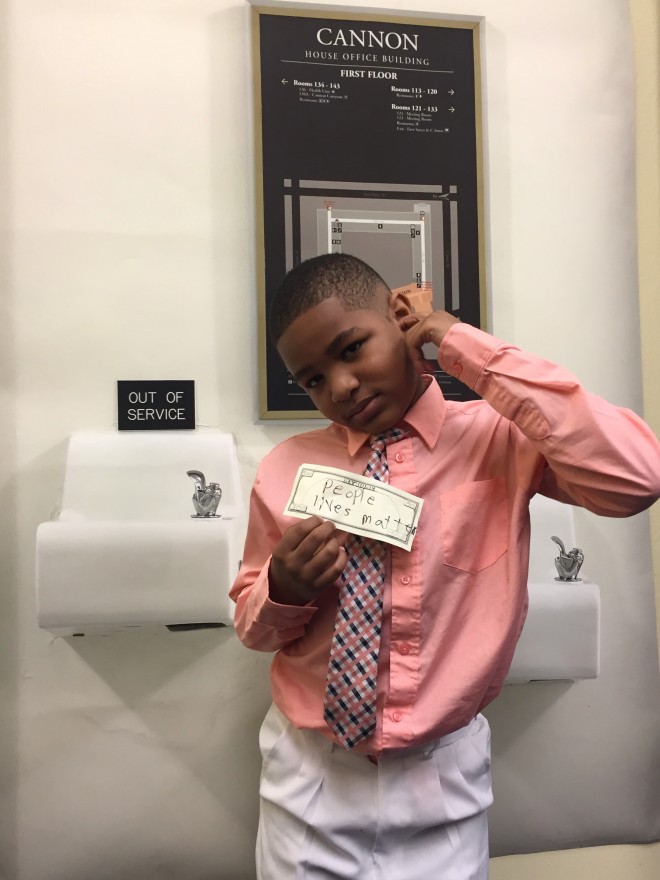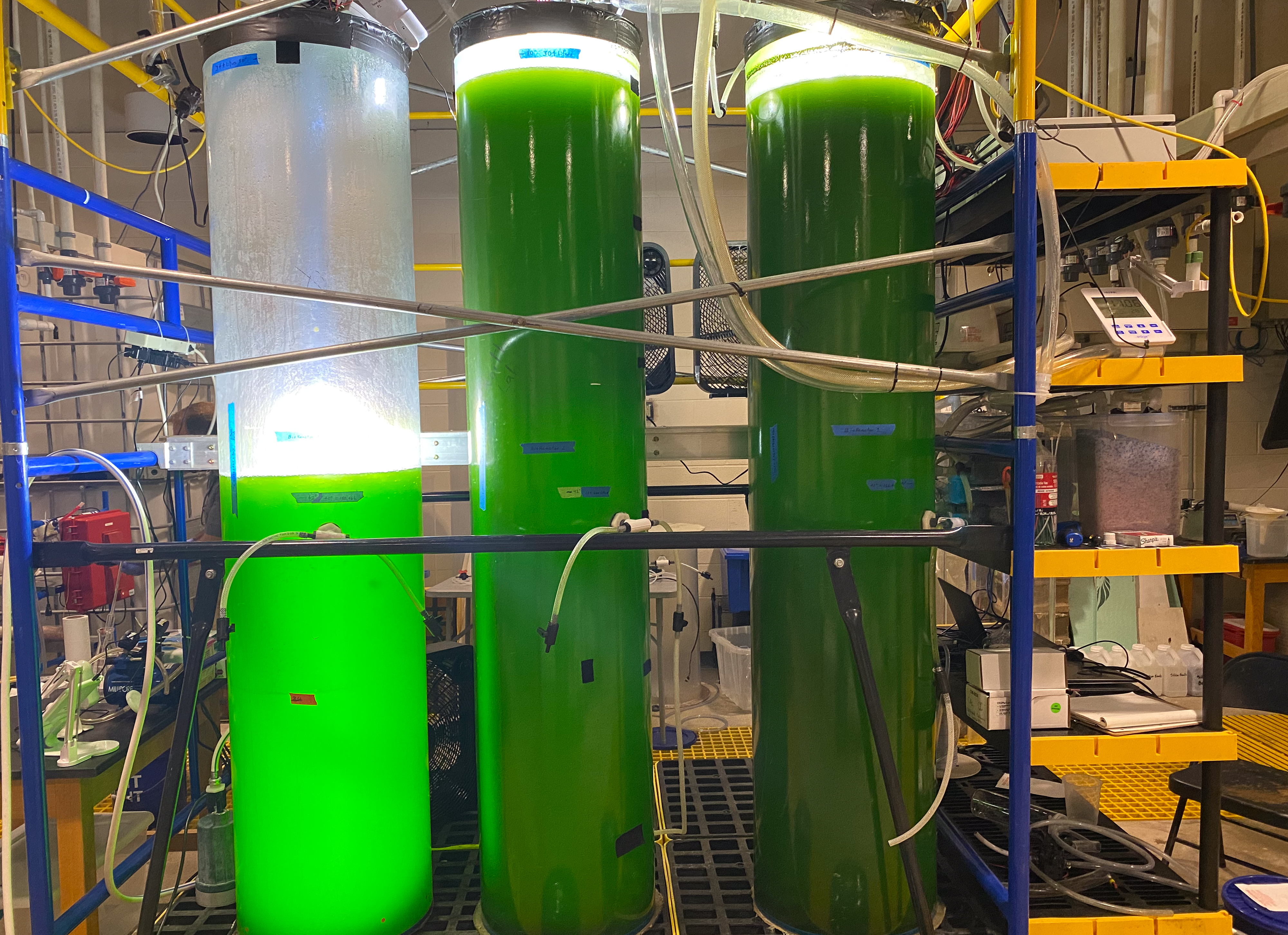
Flint, Michigan, water crisis marks 4th year with student art showcase in D.C.

By Cailin Crowe
WASHINGTON — Flint, Michigan, residents, activists, and artists gathered in Washington, D.C., on April 25 for an art showcase to call national attention to the continued effects of the city’s water crisis. The event marked four years after a state-appointed official made the ill-fated decision to switch Flint’s water source to the Flint River, which resulted in disastrous lead contamination.
“The city still doesn’t have water that the people can trust,” said Rep. Dan Kildee, D-Mich. “This is an anniversary that we don’t want to celebrate.”
Melissa Mays, a Flint resident and mother of three sons, came to the nation’s capital to make sure lawmakers don’t forget the city’s plight. She said the city should serve as a warning to the rest of the country: “We know it’s not just us. We know (the contamination) is everywhere.”
Earlier this month, Michigan Gov. Rick Snyder declared Flint’s tap water safe to drink and officially ended the free bottled water service to local residents. While these actions may signal the city’s progress, residents remain skeptical of an infrastructure that still relies on contaminated water lines that won’t be fully replaced until 2020.
Residents also face continually high water bills and health complications.
The Fundred Dollar Bill Project, an organization that draws attention to the danger of childhood lead poisoning, featured artwork from students across the country in the Cannon House Office Building on Wednesday.
The artwork is a collection of student drawings on fake dollar bills, which are supposed to serve as a reminder of the child’s value, according to founder Mel Chin.
Flint resident Ja’Bari Shepherd, 8, displayed his own artwork at the exhibit. His art included the drawing of a $300 bill that says, “People[’s] Lives Matter.”
Shepherd said he wants the effects of the contamination to stop interfering with his friends’ lives “so that we can grow up and live a normal childhood like everyone else.”
Rep. Kildee acknowledged there’s an irony in the project’s art considering that Flint residents could use real money to help ease their mounting, costly problems.
“We know how to overcome these problems and it’s going to take resources,” he said. “The Fundred Project is a depiction of this problem… (but) we need the real thing.”



















